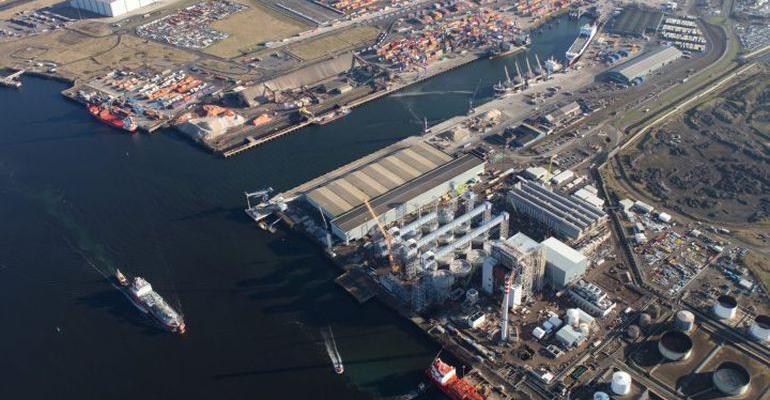PD Ports, owner of Teesport, will leverage technology used by the Port of Rotterdam to implement a Port Community System (PCS) under a first phase partnership. The collaboration will also explore greater data exchange between the two ports as one of the key transport routes between Europe and the UK.
“We didn’t have a digital platform that would be useful for our port users, so we went out into the marketplace looking at what the options were,” explained Jan-Willem Rikkerink, IT director of PD Ports, adding that a key part of digital strategy is to use the best of breed systems.
PD Ports worked closely with its port community in addressing its needs when it comes to implementing PCS. After conducting marketplace analysis, the decision was to select the Port of Rotterdam’s platform which is transferable and usable by other ports.
“I think the one thing to emphasise is that this is part of a multi-phase project and we are only on phase one; we’re implementing some of the fundamental building blocks,” Rikkerink said.
Rene van der Plas, director of Port of Rotterdam International, expressed optimism in the partnership due to the already strong ties between the UK and the Netherlands. With the UK as one of the most important trade partners in Europe and approximately 40 million tonnes of cargo heading there from Rotterdam each year, van der Plas said it makes sense to try and optimise the supply chains and the transportation between the two ports.
“That’s where digitalisation is very important, because by making things digital you will enhance efficiency, transparency and you can blend things better,” he said.
Copyright © 2024. All rights reserved. Seatrade, a trading name of Informa Markets (UK) Limited.
Add Seatrade Maritime News to your Google News feed.  |

